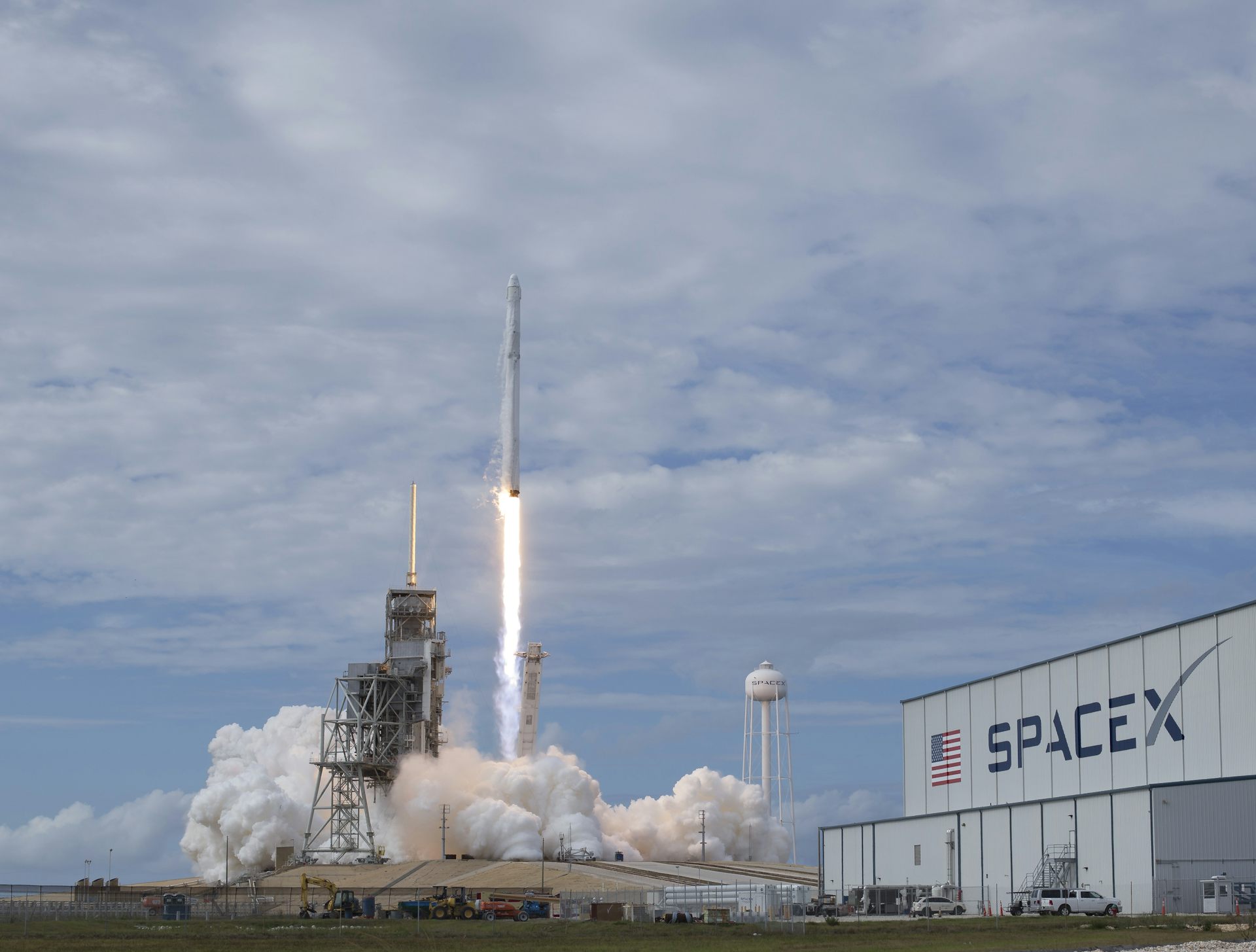When politicians cherry-pick data and disregard facts, what should we academics do?
Scientists typically stay out of public policy debates, but an academic makes the case that they need to push back against politicians who distort research.

When politicians distort science, academics and scientists tend to watch in shock from the sidelines rather than speak out. But in an age of “fake news” and “alternative facts,” we need to step into the breach and inject scientific literacy into the political discourse.
Nowhere is this obligation more vivid than the debate over climate change. Contrary to the consensus of scientific agencies worldwide, the president has called climate change a “hoax” (though his position may be shifting), while his EPA administrator has denied even the most basic link to carbon dioxide as a cause.
It’s another sign that we, as a society, are drifting away from the use of scientific reasoning to inform public policy. And the outcome is clear: a misinformed voting public and the passage of policies to benefit special interests.
Using data to meet predetermined goals
We saw this dynamic at work when President Trump announced his intention to withdraw from the Paris Agreement on climate change. In making his case, he presented an ominous economic future: “2.7 million lost jobs by 2025,” and industries devastated by 2040: “Paper – down 12 percent. Cement – down 23 percent. Iron and steel – down 38 percent. Coal – and I happen to love the coal miners – down 86 percent. Natural gas – down 31 percent.”
These data were drawn from a study – one study! – funded by the American Council for Capital Formation, a pro-business lobbying group, and conducted by National Economic Research Associates (NERA), a consulting firm for industrial clients often opposed to environmental regulations. The New York Times Editorial Board called the data “nonsense” and “a cornucopia of dystopian, dishonest and discredited data based on numbers from industry-friendly sources.”
A closer look at the study reveals how it was misused and distorted to make the president’s case. The NERA study modeled five different scenarios, but President Trump cited only one. It assumed limited technological development with regard to clean technologies that could reduce the costs of low-carbon energy over the long term. Also, the president’s use of the study’s cost projections did not put them in the context of a larger economy in 2040.
Indeed, the study looked only at specific industrial sectors and not the economy as a whole and it did not consider where other sectors of the economy might benefit by policies to reduce greenhouse gases. It also didn’t note that some industries, including coal mining, face decline for market reasons that go beyond climate policy. And lastly, it did not consider the costs of inaction to climate change as compared to action.
Since the president’s speech, NERA has issued a statement that the “study was not a cost-benefit analysis of the Paris Agreement and does not purport to be one” and that “use of results from this analysis as estimates of the impact of the Paris Agreement alone mischaracterizes the purpose of NERA’s analysis.”
In short, the use of their analysis was misleading. And yet, there it is, standing as justification to the American public for the historic U.S. withdrawal from the Paris Agreement.
That American public, surveys show, is often uninformed about science and the scientific process. And so, academic scholars have an important role to play standing up for scientific integrity by speaking out when it is threatened.
Just this past winter, the Heartland Institute, a libertarian think tank that rejects the scientific consensus on climate change, sent their book “Why Scientists Disagree about Climate Change” to 25,000 K-12 science teachers for inclusion in their curriculum. Their goal is to reach 200,000.
This represents a threat that requires a response from all who value rigorous evidence-based decision-making: professors, research scientists, college deans, university presidents, journal editors, heads of professional societies, donors, employers, professionals and the general public.
Standing up for scientific integrity
I have long advocated for greater public engagement from academics. But how do we bring scientific literacy to the realm of policy-making? We begin by being authentic in local, regional and global arenas. Surveys in both 2013 and 2016 show that only one in three Americans discusses global warming with friends or family. If that number is to ever approach 100 percent, academic scholars must lead the way, whether that be in small gatherings, town hall meetings, local schools, newspaper editorials and publications (like The Conversation), public protests, government testimony and of course the classroom.

At the extreme, some, like Dr. Patrick Madden, have decided to run for office.
We cannot wait until our particular science is under threat, as some MIT scientists had to do when President Trump misused their climate data in his speech as well. We must stand up for all science and the integrity of the scientific process now.
Responding when science’s credibility is challenged
This is not comfortable terrain. Science and scientists have long been mistrusted by a segment of American society, newly emboldened to attack its credibility on several fronts. Consider just these five and how to respond.
It is not the place for scientists to become political. But any research that asks people to change their beliefs or their actions is, by definition, political. You can try to remain outside the fray, but in my view, that is the same as remaining irrelevant.
There are mistakes in scientific research, so scientists should not be trusted. Any good scientist knows you do not throw out an entire model when a flaw is found. Scientific research is corrected when subsequent studies challenge prior work, and fatally flawed studies are retracted.
Scientists are arrogant and don’t want to listen. One should not conflate the act of standing up for a conclusion that is based on rigorous scientific analysis with arrogance. It is an issue of tone, not of content.
Academics are liberal and therefore biased. Some studies show that academia in general is a left-leaning institution, and we can do better at bringing a diversity of viewpoints to campus. But, that does not mean that scientific research is biased. The peer review process is established to remove weak reasoning and selection biases, creating an environment where conservative professors thrive as much as liberal.
Scientists use fossil fuels too, so they are not serious. Scientists should be authentic and reduce their carbon footprint. But the solutions to climate change require broad-scale shifts in our industrial systems and culture, and this will happen only by continuing our research, teaching and engagement, all of which require energy.
The corruption of science is an existential threat to both the academy and democratic society, neither of which can function on half-truths and fictions that distort our sense of the real problems we face and the solutions we should enact. If scientists do not step up to change our course toward a scientifically illiterate public, who will? If we don’t do it now, then when?
Andrew J. Hoffman does not work for, consult, own shares in or receive funding from any company or organisation that would benefit from this article, and has disclosed no relevant affiliations beyond the academic appointment above.
Read These Next
Public defender shortage is leading to hundreds of criminal cases being dismissed
There are never enough lawyers to provide indigent defense, but the situation has gotten worse since…
Welcome to the ‘gray zone’ − home to nefarious international acts that fall short of outright confli
Nations are becoming adept at provocations that fall in the area between routine peacetime actions and…
A Plan B for space? On the risks of concentrating national space power in private hands
What does it mean for national security if access to Earth’s orbit depends largely on one company?





